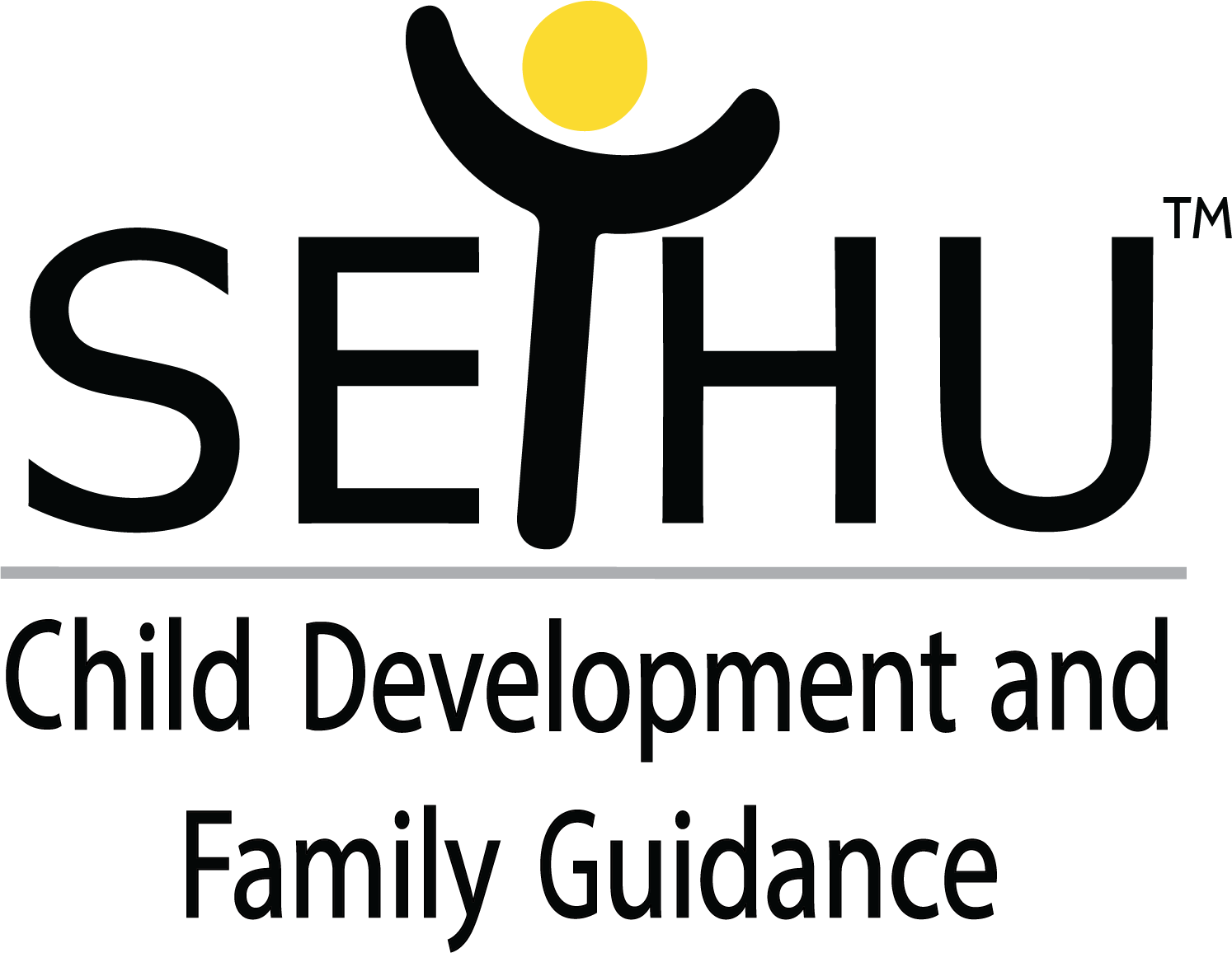Author: Silvia Mascarenhas | Feb 11, 2017

I recently met 6 year old Jai (name changed) with his parents at the Sethu Centre. Jai was born in the UK. He lives and studies there but was visiting Goa on a holiday. During his assessment, his parents told me that he had been diagnosed with a ‘global developmental delay’ and had received speech and language therapy in the UK. They were concerned, however, that he was not talking in sentences yet and showed minimal interest in playing with other children of his age. They wanted advice on how they could help Jai improve.
When assessing Jai, I observed that besides a delay in his development, he showed a few behaviours that were typically seen in autism. I wasn’t very sure about this, so I thought it would be best not to share my observations with his parents at that time.
Every Friday at the Sethu Centre we conduct a team meeting where we discuss various clinical situations with other professionals from the multi-disciplinary team. Our weekly meetings allow us to share important information about our challenges, difficulties and even achievements with the team, in a safe and confidential environment.
At our team meeting that week, we spoke about always keeping in mind the best interests of the children we serve. We talked about the importance of being open and honest about our observations, concerns and even our doubts with the parents we meet. After the meeting, I had my answers about what I needed to do next.
When I met Jai’s parents again, I shared my clinical impressions about autism with them and to my surprise, they told me that he had already been diagnosed with Autism Spectrum Disorder in the UK. Anxiety and doubt had led them to withhold this information from me. This experience made me realize the importance of communicating our observations with parents, as it leads to increased trust, understanding and in turn, better ways of knowing how to support the child and the family.
